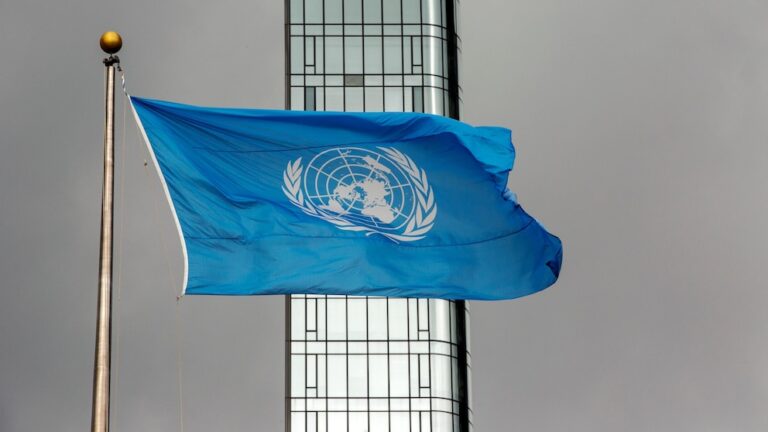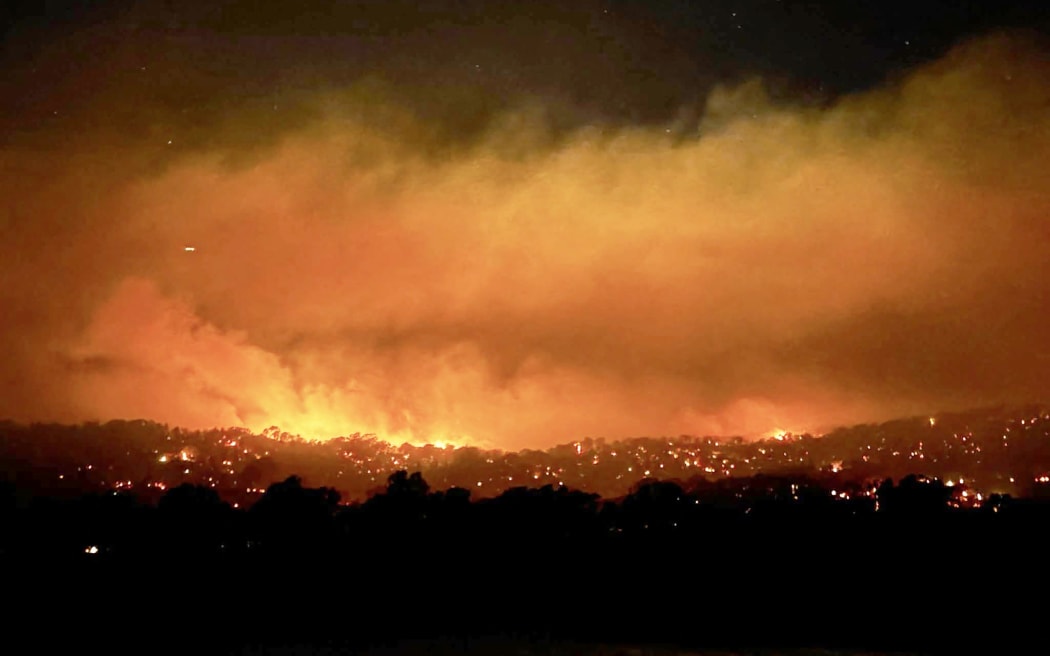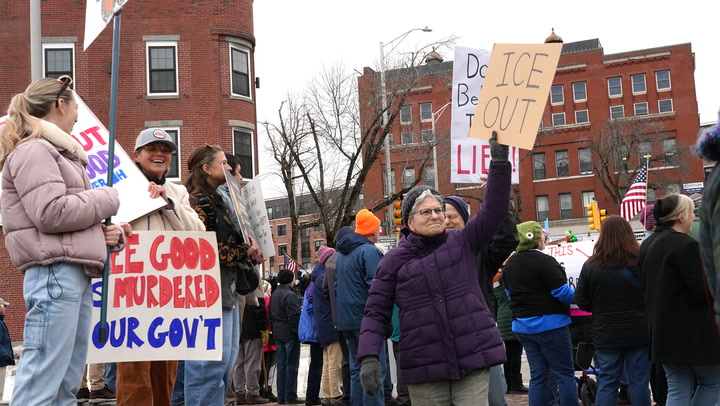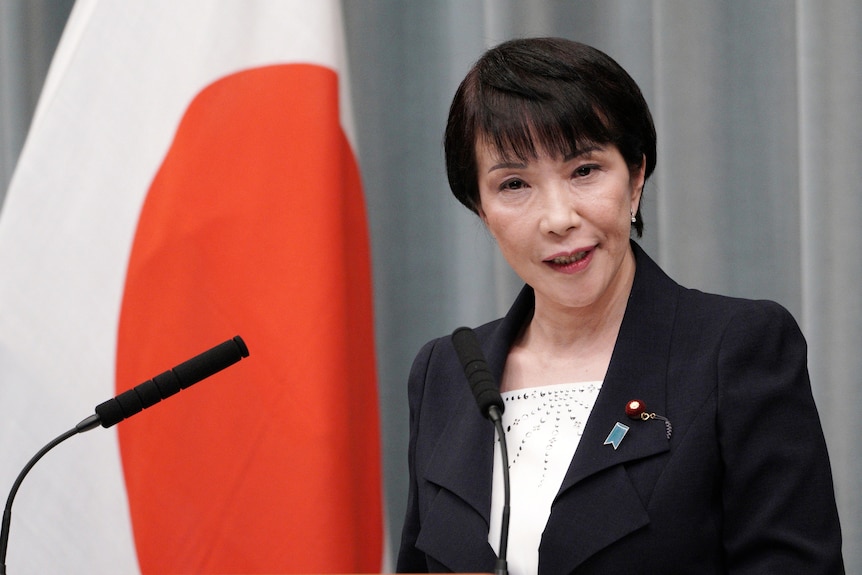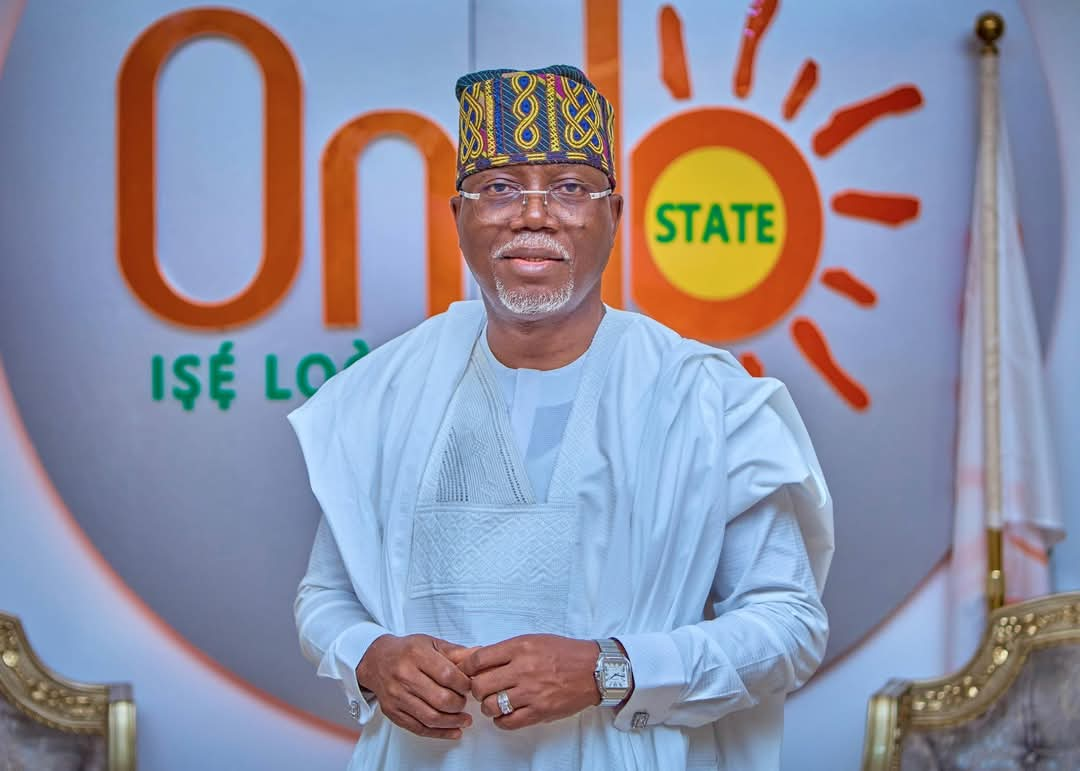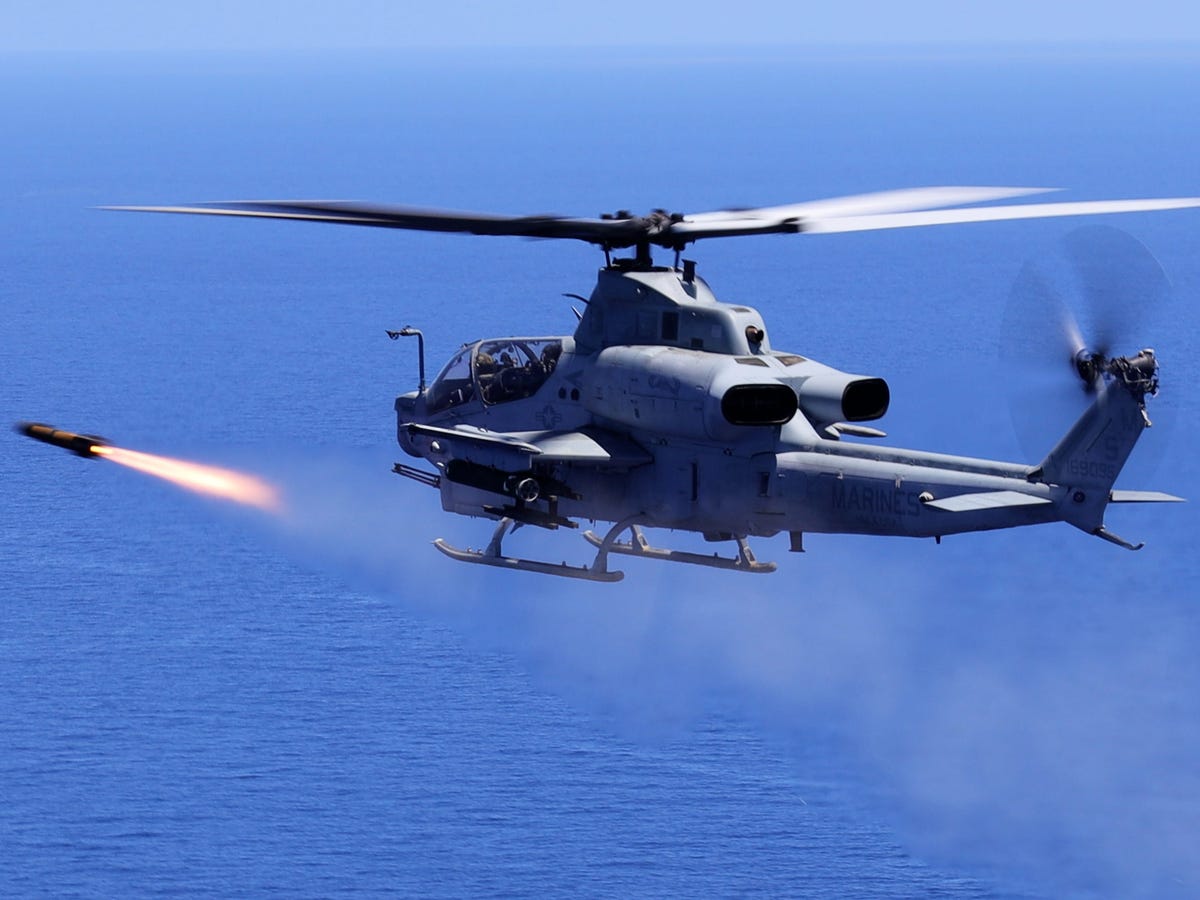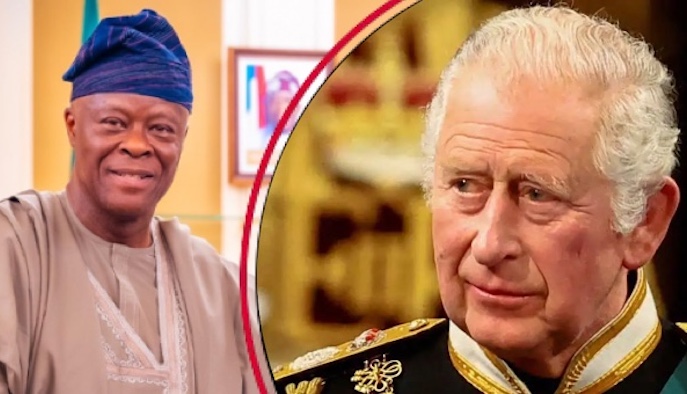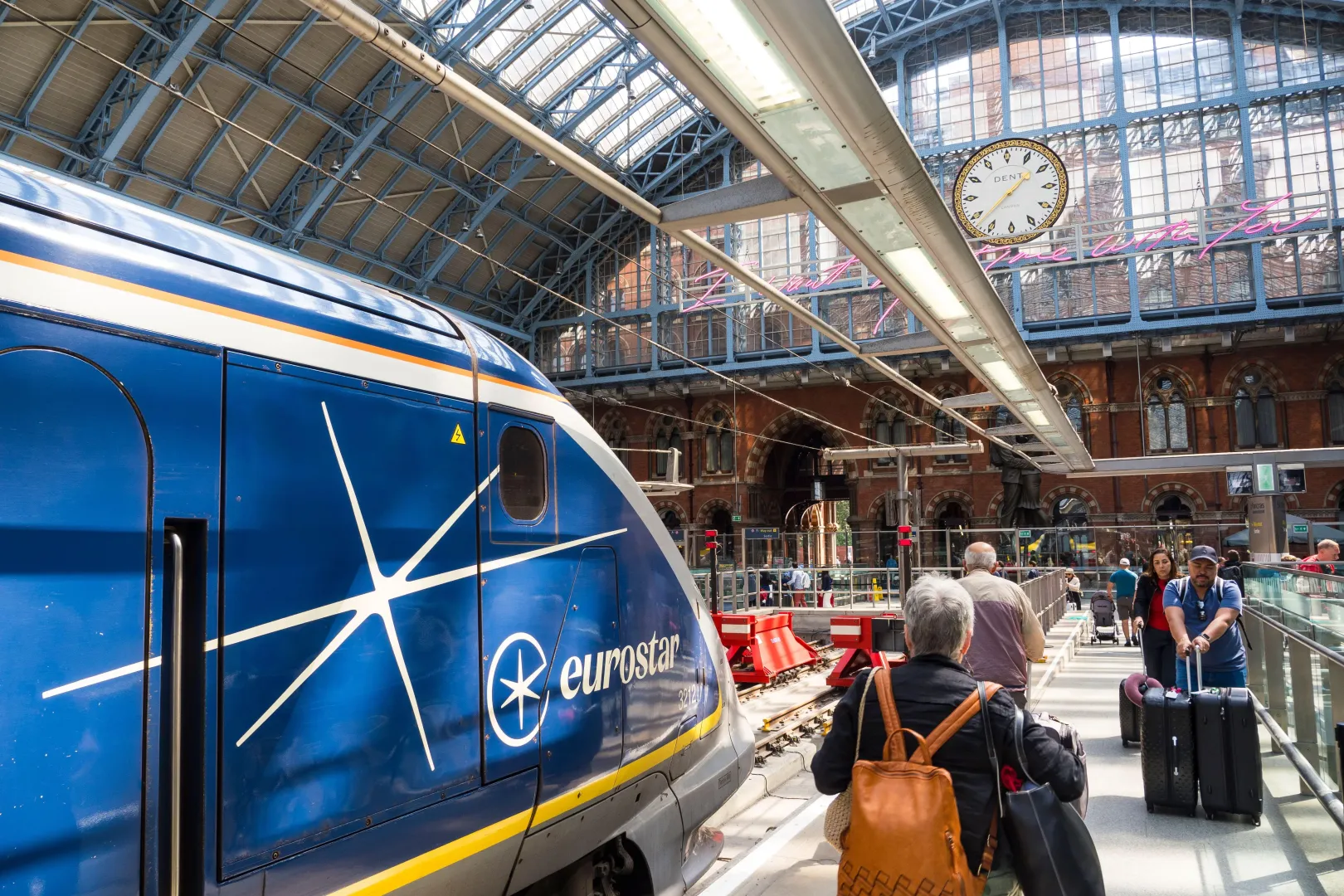The Trump administration is weighing new restrictions that could sharply curtail the movements of several foreign delegations at the United Nations, raising tensions just weeks before the annual General Assembly convenes in New York.
Palestinian leader Mahmoud Abbas and his delegation were already denied visas, a decision that signaled a broader tightening of rules for visiting officials. Now, officials are considering imposing similar limitations on delegations from Iran, Sudan, Zimbabwe, and, unexpectedly, Brazil—a country long granted ceremonial honors during the high-profile gathering set to begin September 22.
One proposal under discussion would severely limit the everyday freedoms of Iranian diplomats in New York. Beyond general travel restrictions, the administration is reportedly considering barring them from shopping at large wholesale stores like Costco and Sam’s Club unless explicitly authorized. For decades, such stores have offered Iranian officials access to goods unavailable at home, allowing them to purchase items in bulk for personal or state use.
Brazil’s delegation could also see tighter scrutiny, though it remains unclear whether President Luiz Inácio Lula da Silva himself would be affected. Traditionally, Brazil opens the General Assembly’s speeches, with the U.S. president following. The potential restrictions appear linked to lingering tensions between Trump and Lula, stemming from U.S. objections to legal proceedings against former Brazilian President Jair Bolsonaro.
Read Also: Britain, Norway Agree £10B Type 26 Frigate Deal
Syria, by contrast, has secured a waiver allowing its diplomats freer movement—a rare exception after years of restrictive policies. The waiver, reportedly issued last week, reflects Washington’s broader interest in cultivating ties with the Assad government and reintegrating Syria into regional diplomacy after its international isolation.
While the full scope of proposed measures for Sudan and Zimbabwe remains unclear, the memo indicates the administration is reviewing current visas and exploring new terms for all foreign delegates. The deliberations highlight the U.S.’s increasingly assertive approach to managing the presence of international officials on American soil, blending diplomatic signaling with domestic policy considerations.
The approach has already sparked concern among diplomats, who worry that unprecedented travel and activity restrictions could undermine the practical functioning of the UN and complicate customary interactions among visiting delegations. As the General Assembly approaches, the balance between security, policy signaling, and long-standing diplomatic protocol hangs in the balance, leaving the city’s international community bracing for potential disruptions.

